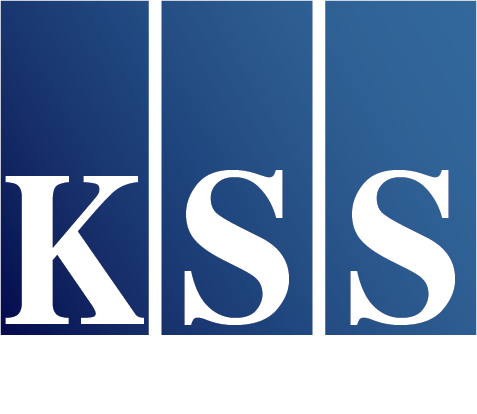Minnesota Supreme Court Rejects Ford's Minimum Contacts Argument and Holds Minnesota Has Jurisdiction Over a Products Liability Claim
Bandemer v. Ford Motor Co., No. A17-1182 (Minn. July 31, 2019)
On Wednesday July 31, 2019, the Minnesota Supreme Court rejected a jurisdictional argument Ford has been using across the country to move as many cases as possible to its hometown Michigan forum where the product liability law is more favorable to Ford. Ford’s argument is that for some vehicles – those purchased in one state but causing damage in another state – there is no specific jurisdiction in the state where the injury occurs.
The case before the Minnesota Supreme Court alleged that an airbag in a 1994 Ford Crown Victoria failed to deploy during an accident and caused a passenger severe brain injury. The 94 Crown Victoria had been sold in a different state, but was being driven on a Minnesota road, by a Minnesota resident at the time of the accident and the injured party was a Minnesota resident. Ford nevertheless argued that Minnesota did not have sufficient contacts to assert jurisdiction over the case and argued that matter should be heard in Michigan where it has its principal place of business.
The Minnesota Supreme Court held that Ford had extensive contacts with Minnesota conducting data collection, marketing and advertising of its products in the state. This, the Court held, demonstrated Ford’s intention that Minnesotans both purchase Ford vehicles and provide data to Ford to improve its products. The Court then explained that the requirements of due process were met if Ford’s contacts with Minnesota related to the claim at hand.
The Minnesota Supreme Court acknowledged that while the subject car before it was not purchased in Minnesota, thousands of that exact model were sold by Ford to dealerships in Minnesota and the claim at hand alleged an airbag defect which would allegedly exist in more than just one of such cars. As such, the Court found sufficient contacts for Minnesota to establish personal jurisdiction over Ford and rejected Ford’s attempt to move the case to its hometown forum.
Hobie Hind - NASP Amicus Committee Co-Chair
